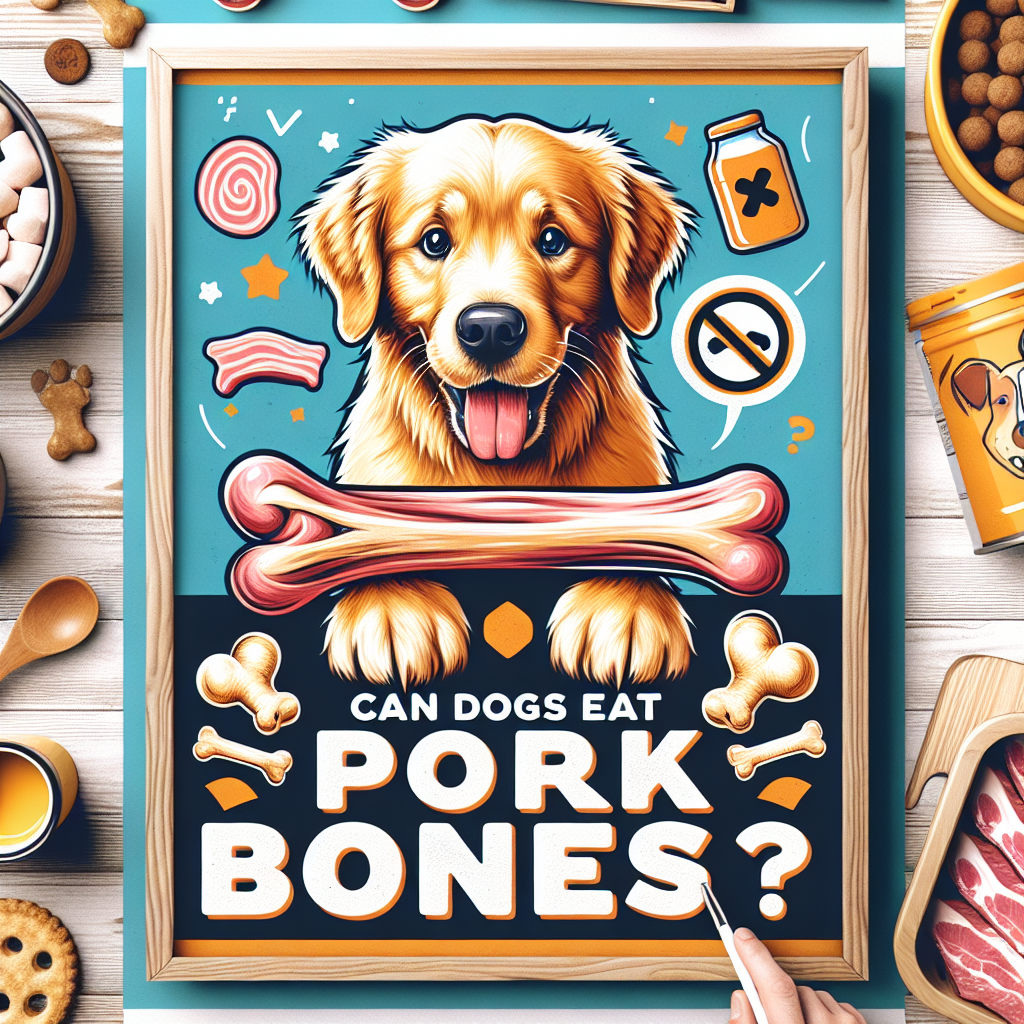Can Dogs Eat Bacon? A Comprehensive Guide for Pet Owners
As pet owners, we often find ourselves sharing our food with our furry companions, and one common question that arises is whether dogs can eat bacon. It’s a tempting treat, both for humans and dogs alike, but before you toss a strip or two to your four-legged friend, it’s crucial to understand the potential implications for their health.
Nutritional Value of Bacon
Bacon is a cured meat product that is high in fat and protein. While these nutrients are essential for dogs, too much can lead to health issues. Here’s a breakdown of bacon’s nutritional profile:
-
High in Fat: Bacon is particularly rich in fat, which can contribute to weight gain if fed in excess. It is also important to note that a diet high in fats can lead to serious health issues, such as pancreatitis, particularly in dogs prone to this condition.
-
Salt Content: Bacon often contains high levels of sodium due to the curing process. Excessive salt intake can lead to dehydration and other health complications, including sodium ion poisoning in severe cases.
- Additives and Preservatives: Many commercially available bacon products contain added sugars, preservatives, and seasonings that can be harmful to dogs. Ingredients like garlic and onion, which are commonly found in flavored bacon, are toxic to dogs.
What Happens If Dogs Eat Bacon?
If your dog snatches a piece of bacon, there’s no need to panic; one small piece is unlikely to cause serious harm. However, potential effects can vary based on the quantity consumed and the overall health status of your dog. Here are a few possible outcomes:
-
Mild Gastrointestinal Upset: Common symptoms include diarrhea or an upset stomach, particularly if your dog is not accustomed to fatty foods.
-
Pancreatitis: If a dog consumes a large amount of bacon or is fed high-fat food regularly, it could develop pancreatitis, which is an inflammation of the pancreas that can be serious and requires veterinary attention.
- Weight Gain and Obesity: Regularly feeding bacon can lead to excess calorie intake and weight gain, which can in turn contribute to a myriad of health issues, including diabetes and joint problems.
Guidelines for Feeding Dogs Bacon
If you decide to share bacon with your dog, moderation is key. Here are some guidelines to consider:
-
Limit Portions: Only give your dog a small piece of bacon as an occasional treat, rather than a regular part of their diet.
-
Choose Plain Bacon: Opt for plain, cooked bacon without added seasonings, sauces, or toppings to reduce the risk of toxins and additives affecting your dog’s health.
-
Monitor Your Dog: After feeding your dog bacon for the first time, monitor them for any signs of distress or adverse reactions.
- Consult Your Veterinarian: If your dog has any underlying health conditions, particularly those related to heart disease, obesity, or pancreatitis, it’s best to consult with your veterinarian before introducing new foods into their diet.
Alternatives to Bacon
If you’re looking for healthier alternatives to bacon that can safely satisfy your dog’s taste buds, consider these options:
- Cooked lean meats: Chicken or turkey (without skin or bones) can be a leaner alternative to bacon.
- Vegetables: Some dogs enjoy pieces of cooked carrots, green beans, or sweet potatoes.
- Commercial dog treats: Many brands offer bacon-flavored treats formulated specifically for dogs, which can provide the taste without the unhealthy components of real bacon.
Conclusion
While it may be okay for dogs to eat a small amount of bacon on rare occasions, it’s not an ideal food for regular consumption. The risks associated with its high fat and sodium content, coupled with potentially harmful additives, make it essential to approach bacon as a treat rather than a staple. Always prioritize your dog’s health and wellbeing by making informed choices about their diet. When in doubt, consulting your veterinarian is the best course of action to ensure your furry friend stays happy and healthy.





